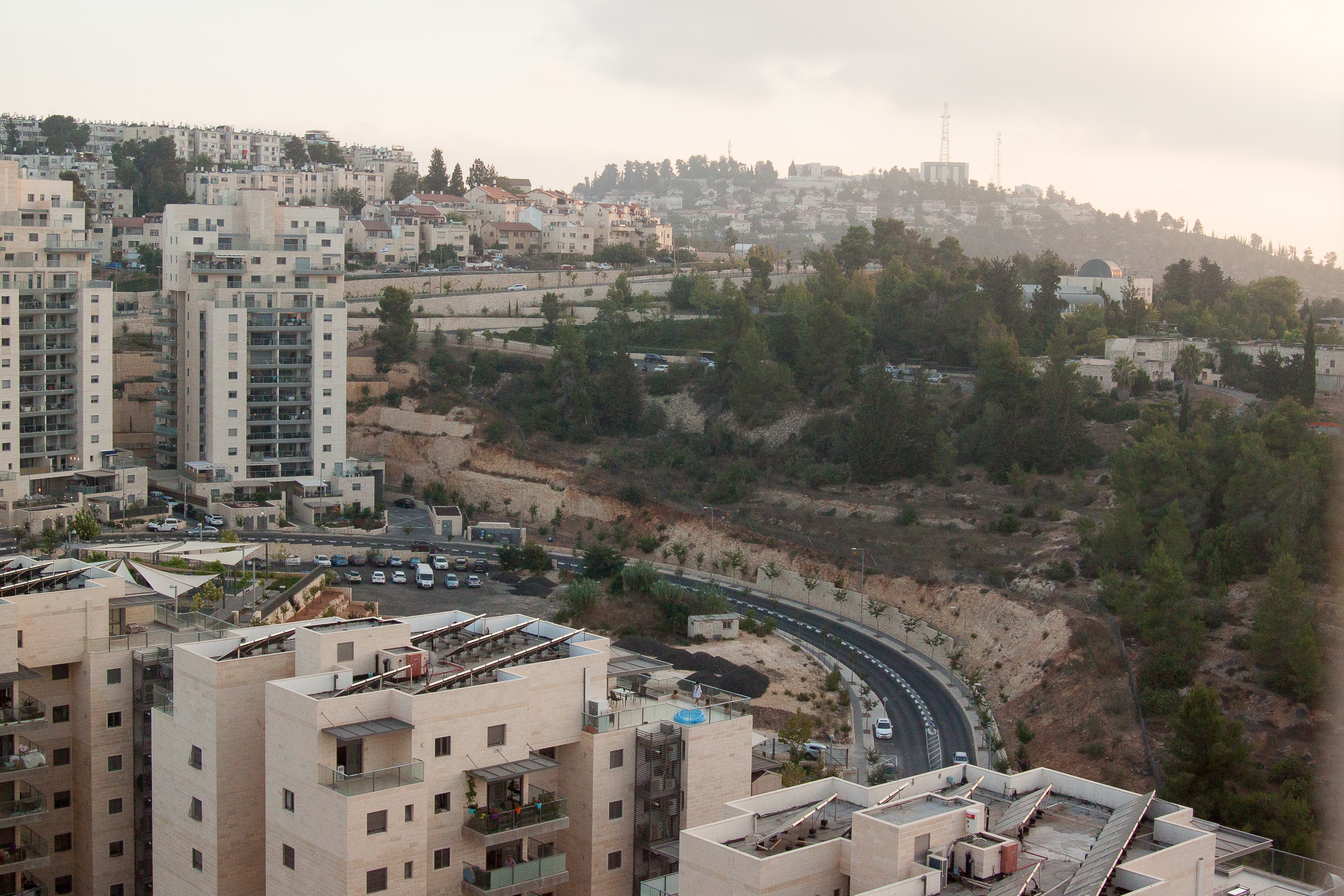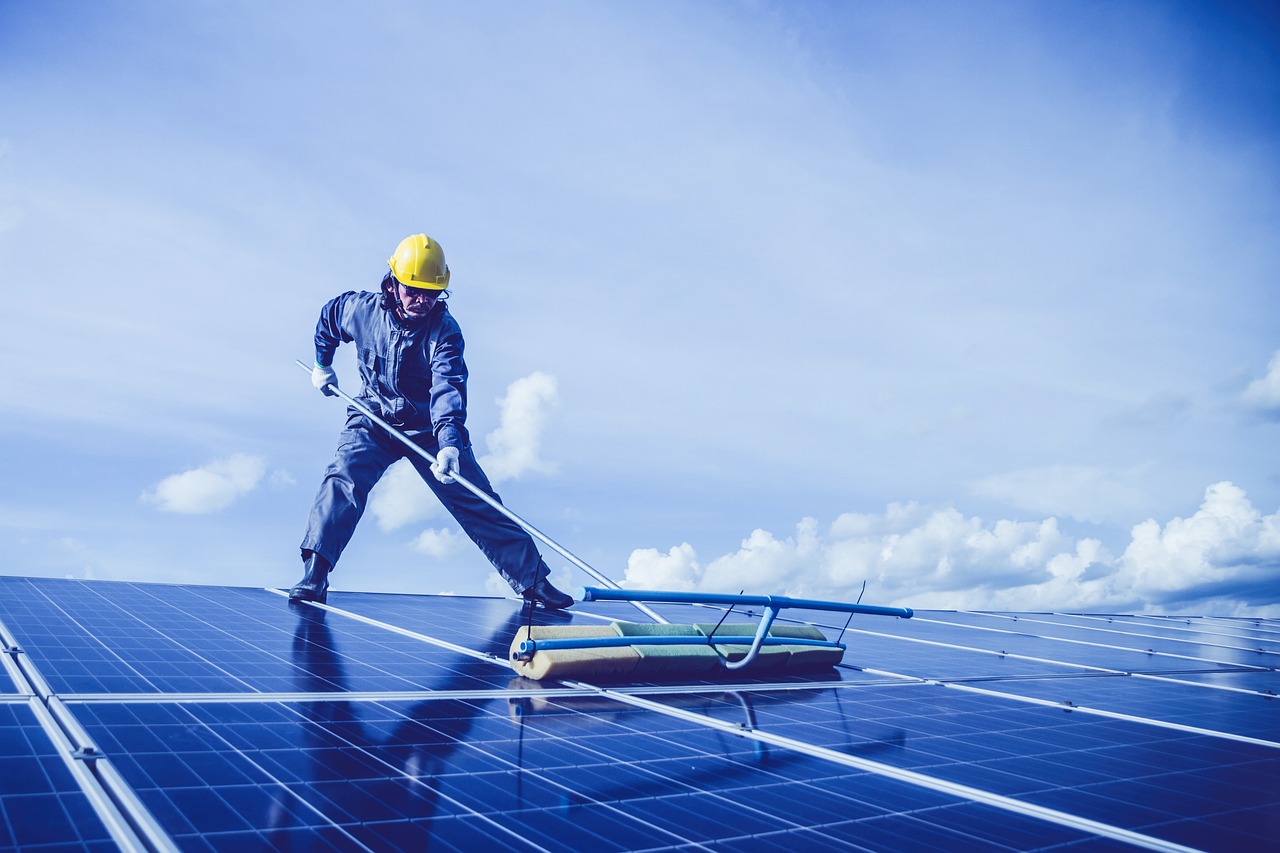Local Elections in Israel: An Opportunity to Go Green

Share this Post
The upcoming municipal elections in Israel at the end of the month provide opportunity to discuss the potential role of Israeli subnational entities in promoting a sustainable “green” agenda—an issue largely uncharted among policy research and debates in and outside Israel. The aim of this policy brief is to put this issue on the agenda and to initiate a discussion regarding the role local authorities can play in developing and implementing policies that focus on and align with sustainability.
Even though many industrialized societies have been addressing climate change and adopting more sustainable patterns of production and consumption since the 1990s, in Israel these concerns are brought up to the public agenda only recently. Certain academics and civil society organizations have focused on the need for more stringent policies for sustainability already in the early 2000s, however the Israeli central government is slow to react to environmental problems and adopts little measures to tackle climate change and implement policies for sustainability.
One of Israel’s main problems in addressing environmental concerns stems from a lack of strong political authority (or a political figure) that could draw budgets and other resources to tackle the impact of climate change and implement environmentally sustainable practices. The Ministry of Environmental Protection (MoEP) has brought up for debate important issues such as reducing air pollution and recycling, but the ministry remains politically weak and, in many cases, the ministerial position serves only as a stepping stone for politicians rather than a platform to lead meaningful changes. Stronger ministries such as the Ministry for Economy and the Ministry for Water and Energy are considered less environmentally-oriented. Non-governmental organizations (NGOs) and local authorities attempt to fill this void to some extent. Often these actors present more positive, innovative and open attitude towards environmental protection than the central government.
An environmentally sound approach to municipal development can be observed in a number of local authorities, not only in wealthy regions but also peripheral and small authorities. For example, Kefar-Sava has a relatively successful waste management system, and cooperates with the European Union (EU) in projects addressing energy efficiency. Another energy efficiency pilot project has been implemented in Eilat, also with the involvement of the EU. Tel Aviv attempts to integrate innovative energy solutions in new neighbourhoods and green preservation, among others. Jerusalem is experimenting with a program to educate for sustainability at the community level. Moreover, members of the Forum 15—the association of the economically independent cities in Israel that promotes environmental agendas—have committed themselves to break-through policies and practices with their voluntary commitments to reduce greenhouse gas (GHG) emissions and adopt green building standards.[1]
Alongside these examples, not all local authorities have been proactive in implementing a greener agenda. On the contrary, many do not act fast enough to confront environmental challenges and some authorities have yet to even consider the benefits of “going green”. In some cases, the local authorities lack sufficient information and resources to initiate sustainability projects in their jurisdictions. Even when local authorities want to progress sustainability in their own terms, they face administrative and political barriers at the national-level.
Nevertheless, the former examples reveal the potential for leading a change in terms of sustainability and even tackling climate change in Israel at the local level. Based on the green steps some local authorities have already taken and their abilities to utilize existing regulatory and political frames to progress sustainability in their jurisdictions, local authorities could be key seeds of change in this regard.
The upcoming local elections in Israel provide individuals, the media, non-governmental organizations and private actors an opportunity to demand more environmentally sound policies and practices from local representatives. Unlike national elections that do not address these issues, local politicians are more likely to be attentive to demands of this kind. Moreover, innovation at the local level may expand vertically to the national level as well as horizontally to other municipalities and non-governmental sectors. Empirical research has already shown that this kind of influence is possible in Israel.[2]
Several potential routes of action are available to bring an environmentally sound agenda to the forefront of local elections. One is addressing mayors directly. In Israel, mayors de facto rule their municipalities and, in many cases, local councils do not pose a meaningful political threat to them. Moreover, mayors are relatively accessible to residents. Residents and activists can direct their demands via in-house and public pre-elections meetings, letters, emails, and social media. For example, the recent actions led by the crowd-funding investigative media initiative “Shakuf”, that has led mayors and other candidates to expose their calendars to the public, thus assisting in monitoring potential conflicts of interest prior to the elections.
Another route of action is influencing professionals that work closely with mayors such as the city engineer and the city treasurer by exposing them to positive elements in urban sustainability. Changing their perspectives would signal to mayors as well as to the public that changing course towards sustainability is feasible. A forth channel is involving the media. In times of local elections, local media plays a pivotal role in supporting or opposing candidates’ agendas. Equipping local journalists and their editors with information and alternative solutions concerning environmental problems at the local level may force candidates to address it. Changing the discourse through media involvement and advocacy could cause candidates to transform their campaign platforms and place environmental issues as a core component.
[1] These examples, as well other ideas raised here, are taken from the author’s on-going PhD research.
[2] See D. Shmueli, E. Feitelson, B. Furst, and I. Hann, “Scale and scope of environmental planning transformations: The Israeli case,” Planning Theory & Practice, 16:3 (2015). 336-362.
Israel Public Policy Institute (IPPI) serves as a platform for exchange of ideas, knowledge and research among policy experts, researchers, and scholars. The opinions expressed in the publications on the IPPI website are solely that of the authors and do not necessarily reflect the views of IPPI.
Share this Post

Examining the reach of the EU's Digital Services Act: How will it affect non-EU jurisdictions?
When online users in Tel Aviv, Mexico City, Delhi today go to their preferred global news website, they…

Battling Misinformation with Science
Authors: Markus Weisskopf and Rebecca Winkels Lessons from Promoting Science Communication to Fight Misinformation in Germany The COVID-19…

What are Green Jobs?
In recent years, the concept of green jobs has gained significant traction as a vital component of the…
